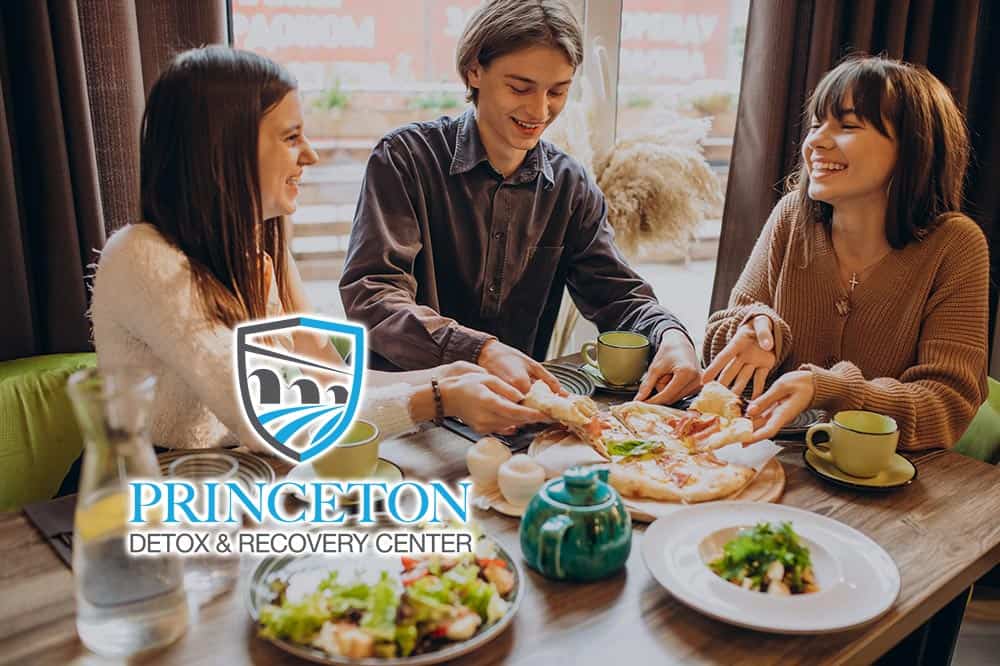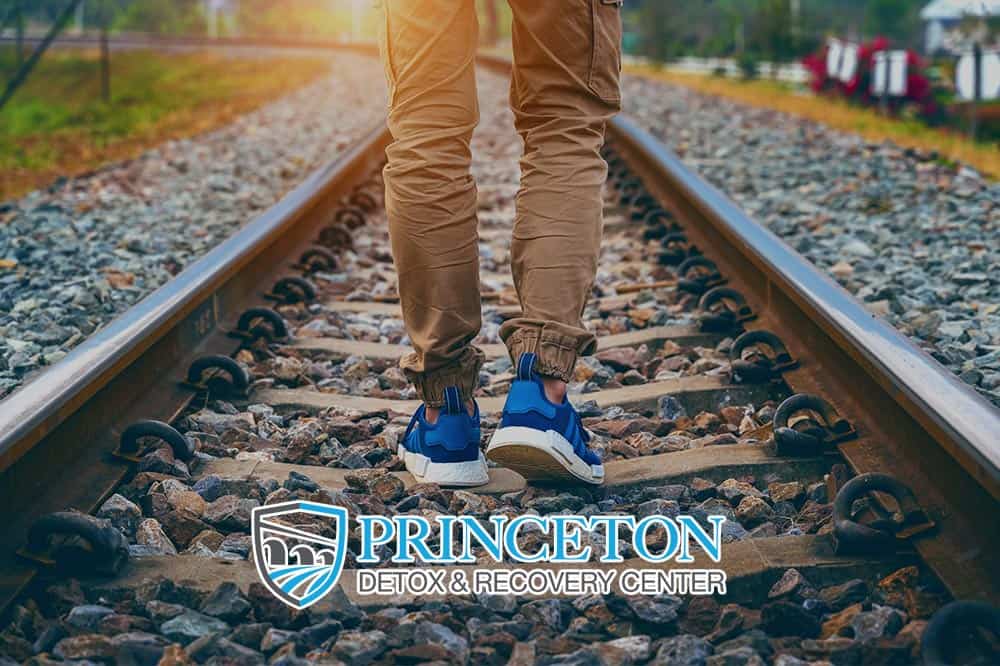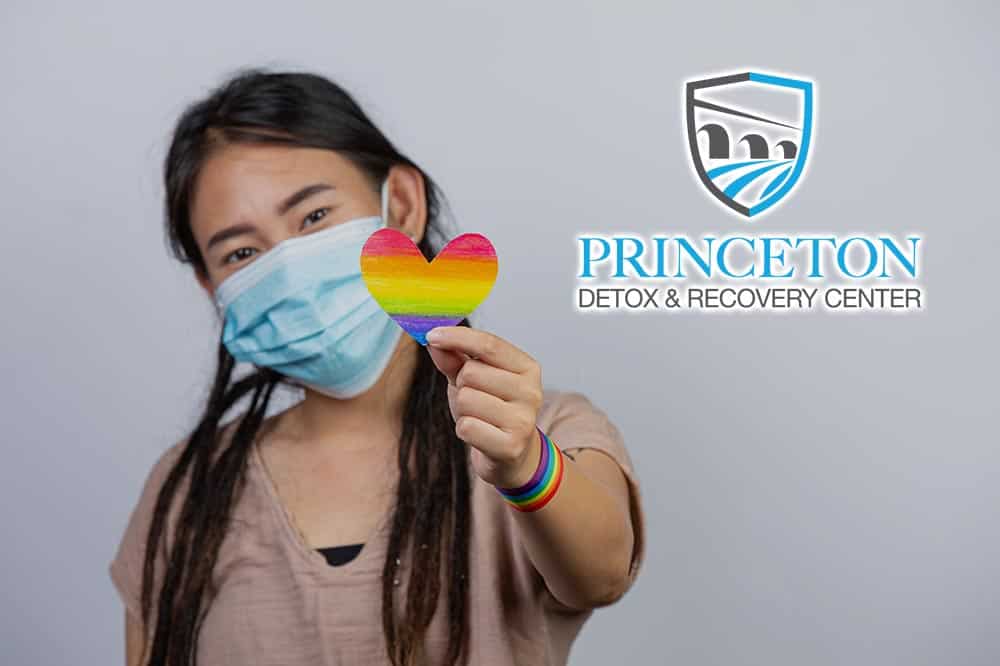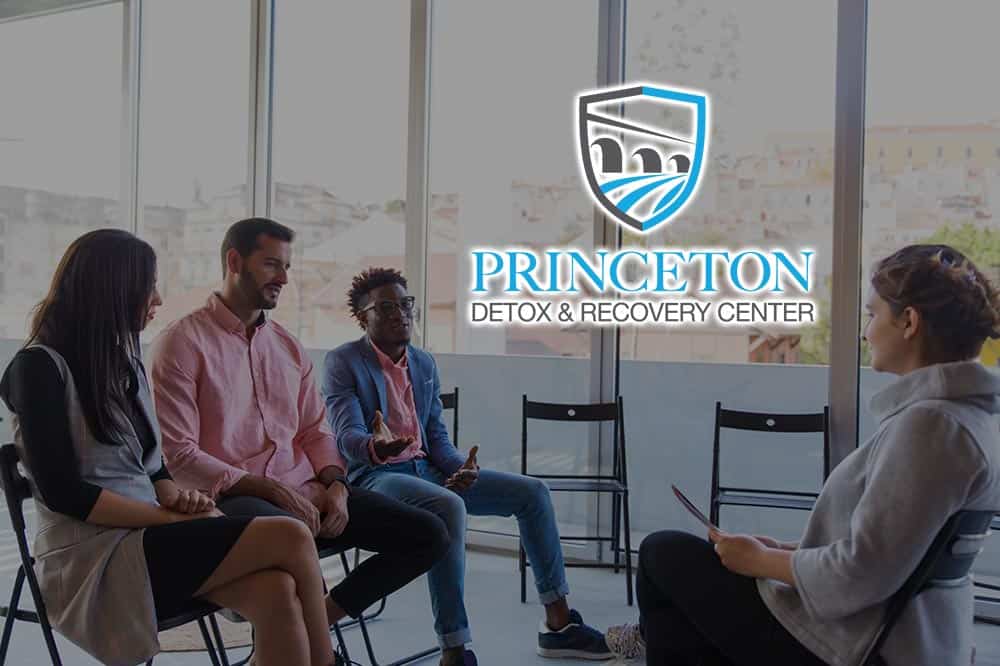Accidental drug overdose is one of the leading causes of death in the US. According to the Center for Disease Control (CDC), there were over 702,000 overdose-related fatalities from 1999 to 2017. In 2017 alone, there were over 70,000 deaths – making drug overdose one of the leading causes of accidental death. In fact, there were more overdose-related deaths in 2017 then there were casualties in the entire Vietnam War. Since the opioid epidemic began, the number of national drug overdose deaths has continued to rise. While drug overdose prevention has been on the rise as well – with Narcan becoming more readily available – the number of accidental overdoses is still disturbingly high. Fortunately, these numbers can be lowered. How? With the circulation of important information regarding prevention, and – of course – with a decreased number of users. If you are struggling with a substance abuse disorder, or if you know someone who is, treatment is readily available.
Accidental Drug Overdose
Since 2010, with the rise of the opioid crisis, overdose-related deaths in the US have more than quadrupled. It’s called ‘accidental’ drug overdose because the vast majority of users don’t intend on dying – in most cases, they either take too much, or take a drug that has been mixed with another highly potent (and lethal) substance. According to a report published by drugpolicy.org, deaths related to synthetic opioids more than doubled from 2015-2016 alone. Synthetic opioids are a specific class of drug, designed to provide pain relief just like an opioid that occurs naturally (like morphine, for example). These class of drugs is extremely potent, and – when combined with another opioid (like heroin) – even a very, very small amount can prove to be instantaneously lethal. Fentanyl is extremely fast-acting, and many accidental overdose deaths occur before the heroin abuser has even taken the needle out of his or her arm. Recently, heroin dealers have been cutting their product with fentanyl, a potent synthetic opioid that has been linked to thousands of overdose-related deaths.
Overdose occurs when a person’s metabolism is unable to detoxify the ingested drug at a safe rate. There is no ‘certain amount’ of any given drug that will lead to overdose. It all depends on the person’s tolerance, their weight, their percentage of body fat, and a number of other factors. It’s completely possible for someone to overdose the very first time they use – in fact, it’s common.

Signs and Symptoms of Overdose
It can be difficult to tell just how close someone is to overdosing, though there are several telltale symptoms to look for. One of the most serious and life-threatening symptoms is a change in vital signs – heart rate, blood pressure, respiratory rate ir temperature. Most overdoses occur due to respiratory depression – breathing is slowed so significantly that oxygen can no longer reach the brain. Other overdose symptoms include a severe change in the temperature of the skin (hot flashes or cold sweats). If heart or lung damage has occurred, a drug overdose might result in sharp chest pains. Nausea, vomiting, and diarrhea are common symptoms of overdose. If there is blood present in the stool or vomit, the overdose is life-threatening, and immediate medical attention must be sought. Seizures may occur, and comas are relatively common when synthetic drugs are involved.
Painkiller and Heroin Overdose
The causes of the current overdose crisis is multi-faceted and complicated. In large part, the epidemic can be attributed to prescription painkillers. For awhile, potent painkillers were relatively easy to get ahold of. Many painkillers are extremely habit-forming, and those who were prescribed such a medication for something as simple as a minor surgery or sports injury developed a substance dependency disorder over time. Around this same time, more and more people were selling painkillers on the streets, and stealing unused or expired drugs from the medicine cabinets of friends and family members. Painkillers were being widely circulated. When government officials realized why the rates of overdose-related deaths were spiking so significantly, they began to crack down on distribution. Those who had become addicted began looking for alternatives – and the most readily available alternative to painkillers was (and is) heroin. After government crackdowns, rates of heroin abuse spiked. We at Princeton Detox deal with both painkiller and heroin addiction – we’re extremely well-versed in the withdrawal symptoms associated with opioid addiction. We understand how painful and seemingly unbearable to detox process can be if not treated medically, and we make it our goal to ensure that the process is as painless as possible.
Ready To Begin Your Detox?
Don’t let addiction control your life.
Call us today and let’s get you started on the path to a better you.
Drug addiction happens quickly, and it can happen to anyone; regardless of age, race, personal background or social standing. It’s important to remember that the disease of addiction doesn’t discriminate. Celebrities, professional athletes, political figures – anyone can become addicted to any chemical substance at any point in time. In fact, we’ve lost a lot of great minds to drug addiction and accidental overdose. Janis Joplin and Sid Vicious died of heroin overdoses in the 1970s. Kurt Cobain took his own life while high on heroin. Allan Woody, Dee Dee Ramone, and Howie Epstein died of heroin-related overdoses in the 2000s. More recently, we lost Mac Miller, Tom Petty, Scott Weiland, Cory Monteith, Whitney Houston, Heath Ledger, Anna Nicole Smith… the list goes on and on. This is just the very tip of the iceberg.
Prevention
Because so many big-time names died of drug-related causes, the seriousness of drug abuse has been brought to the attention of the general public. And because awareness is being raised, more preventative measures to prevent drug overdose are being taken. In the year 2018, the US Surgeon General actually issued a national advisory, suggesting that more people (especially in areas prone to opioid addiction), carry Narcan with them at all times. If you live in a town or city where opioid use is prevalent, if you know someone who has a history of drug abuse, or if you, yourself, have been struggling with drug abuse or addiction, having Narcan readily available is very wise. In many states, you can purchase Narcan (or obtain it for free) from a local drugstore or from a local law enforcement officer. What is Narcan? Narcan (naloxone) is an opioid antagonist, used to reverse life-threatening overdose symptoms. It is known for blocking the effects of heroin, but can also reverse overdose resulting from over-consumption of some prescription painkillers (like oxycodone or morphine). Narcal can either be given nasally or used intravenously. The success rates of this opioid blocker are extremely high – it has saved innumerable lives since its introduction.
Seeking Treatment for Opioid Addiction
Of course, the very best method of prevention is seeking professional addiction treatment. That’s where Princeton Detox comes into play. Our team of addiction specialists and medical professionals works together to make sure that the very first step of recovery is as painless as possible. While medical detox isn’t treatment in and of itself, it’s a necessary step – one that usually means the difference between long-term sobriety and relapse. To learn more about our detox programs and our comprehensive treatment services reach out to us today 24/7 at (888) 693-1769.

Reviewed for accuracy by:
Amanda Hilzer M.Ed, CAADC, IADAC, ICCS, LCADC, CCS
Amanda graduated from Lehigh University with both an undergraduate degree in Psychology and a Master’s of Education degree in Counseling Psychology and has worked in the field of substance use disorder treatment and mental health treatment as a counselor and as a clinical manager for over 14 years.

































